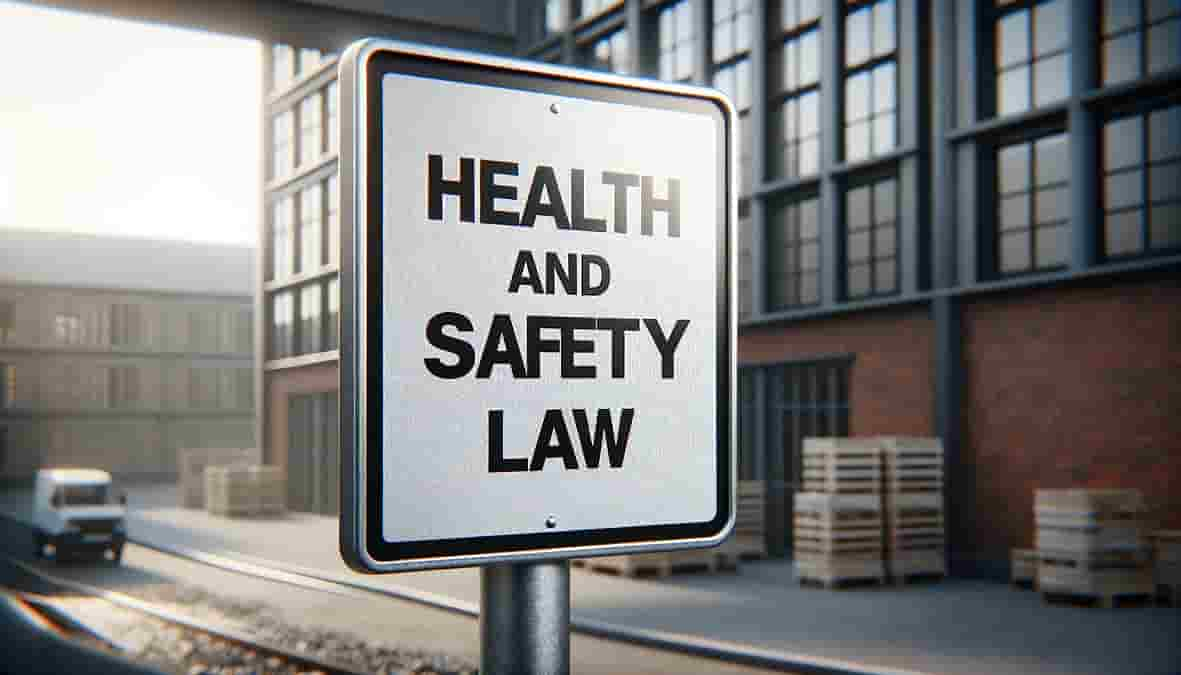Health And Safety Law
Health and safety in the workplace are paramount, and understanding the legal framework surrounding it is essential for both employers and employees. This page provides a comprehensive overview of health and safety law, detailing employer responsibilities, regulatory bodies, and the specific laws that govern workplace safety in the UK.
Overview of Health and Safety Law
Health and safety law in the UK is designed to protect employees, employers, and the public from workplace hazards. It encompasses a wide range of issues from risk assessments and safety policies to accident reporting and employee training. These laws ensure that every workplace meets minimum standards of safety, preventing injuries and health problems.
Health and Safety Law and Employer Responsibility
Under health and safety law, employers have significant responsibilities to ensure a safe working environment. This includes conducting regular risk assessments, providing adequate training and information on potential hazards, maintaining safe equipment, and implementing emergency procedures. Employers must also engage employees and their representatives in health and safety matters, showing a commitment to fostering a culture of safety at work.

What Law Regulates Health and Safety in the Workplace?
The primary legislation governing health and safety in the UK workplace is the Health and Safety at Work etc. Act 1974. This Act provides the legal framework for managing workplace health and safety in the UK, outlining the duties of both employers and employees. It is supported by various sets of regulations that address specific risks and sectors, such as the Management of Health and Safety at Work Regulations 1999, which require employers to carry out risk assessments.
Who Enforces Health and Safety Law?
The enforcement of health and safety law in the UK is carried out by two main bodies: the Health and Safety Executive (HSE) and local authorities. The HSE covers most industries, while local authorities are responsible for sectors such as retail, hotels, restaurants, and leisure. These agencies ensure compliance through inspections, enforcement actions, and guidance to employers.
Understanding and complying with health and safety law is not only a legal requirement but also a crucial aspect of business operations that protects individuals and leads to a more productive, efficient workplace. Employers who invest in robust health and safety practices will see a happier, healthier workforce and can avoid the severe consequences of non-compliance.



